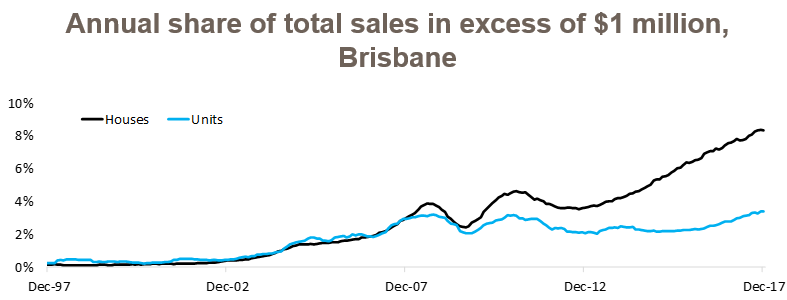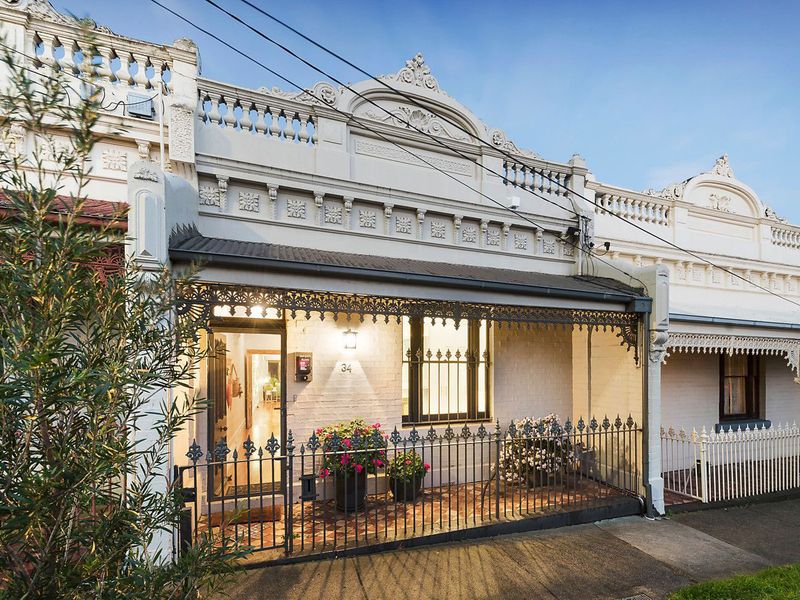Units VS Houses
Unit prices have remained the more affordable investment in Brisbane compared to investing in houses. 70.2% of units in Brisbane are being rented, that’s a large proportion, the second highest in comparison with the other capital cities. To contrast, approx. 21% of houses are owned by investors, over the board.
The question is, why?
 I believe price and personal preference are two of the major factors. Units, in general, are more affordable than houses and attract a larger home-buyer demographic and therefore demand. Because of the money saved on buying a unit as opposed to a house, the return is often higher, especially on new developments or areas within range of the city. This indicates that units are regularly the preferred choice, and that tenants favour newer properties closer to transport and shops, and are prepared to pay for it.
I believe price and personal preference are two of the major factors. Units, in general, are more affordable than houses and attract a larger home-buyer demographic and therefore demand. Because of the money saved on buying a unit as opposed to a house, the return is often higher, especially on new developments or areas within range of the city. This indicates that units are regularly the preferred choice, and that tenants favour newer properties closer to transport and shops, and are prepared to pay for it.
The concentration of units in an area are mainly dictated by practicality and demand, so in a denser area there will usually be a higher number of units and quicker access to amenities and transport which simultaneously boosts a higher rental return. Houses, on the other hand, are often further from transport, shops and other public conveniences. As the general population expands and develops, new development properties are consistently being raised, and older units renovated, to keep up with the ever expanding market, especially in clusters of high commerce and social activity. Often, houses on the outskirts of these clusters are left un-renovated and attract less demand due to the high costs of up-keep. Collaborating old structures and designs with new communal standards can be an expensive endeavour.
Another reason units are repeatedly in high demand is that there is very little maintenance in unit living. Body corporate management will ensure tenants are not responsible for the garden or maintaining the building. Just inside their unit. They offer decks, dishwashers, stone bench-tops and secure parking. Ease of living. A recent first home buyer trend stands that financing a house, as opposed to a unit, is becoming a progressively challenging task to complete within a practical timeframe. When confronted with this situation, many buyers tend to opt for a temporary rental property if not deciding on the purchase of a unit.
Of course, not everyone is conditioned to unit life. Numerous upsides of living in a unit become irrelevant when prepared to substitute “new and easy” for hard work, open space, and a new family lifestyle.
Overall, you will find that investors, of all kinds, are persistently seeking units in higher density areas and, very quickly, accommodating dependable tenants that are looking at long-term, minimalistic accommodation in the area, like small families or young professionals. This suggests the unit market remains strong, yet flexible, with little indication of slowing at this stage.



